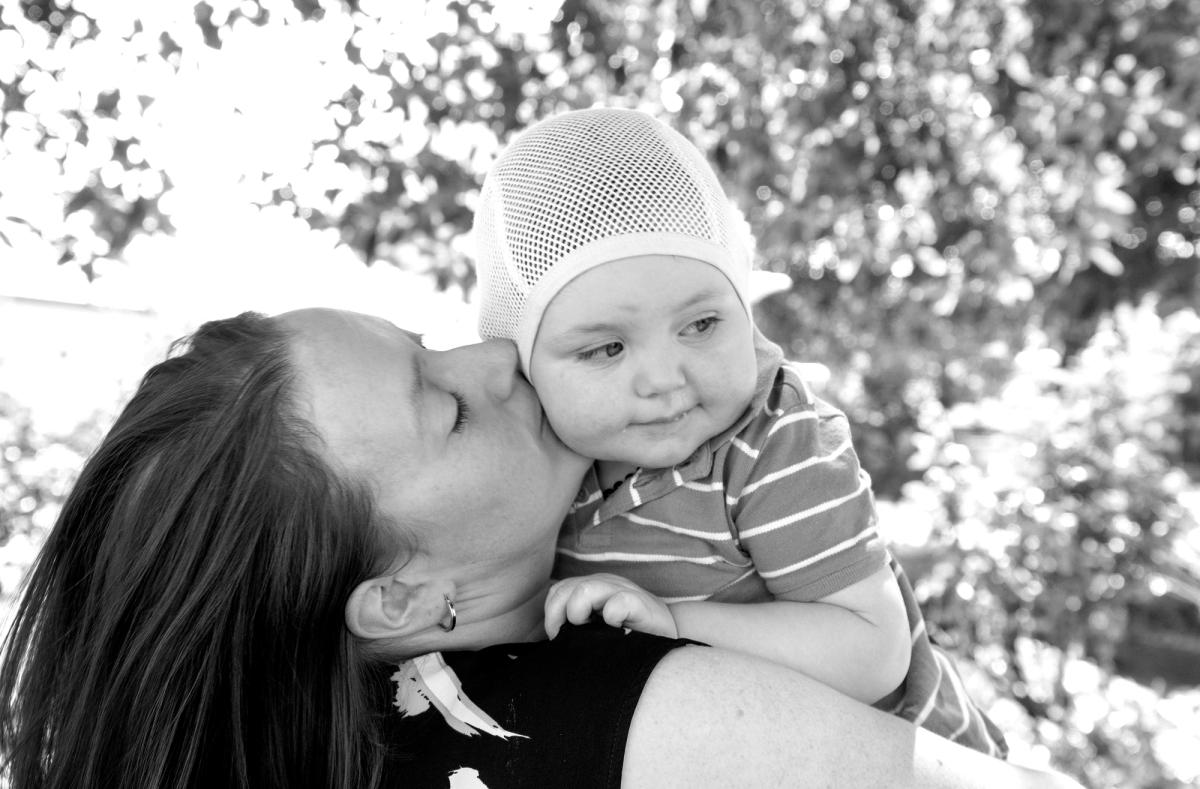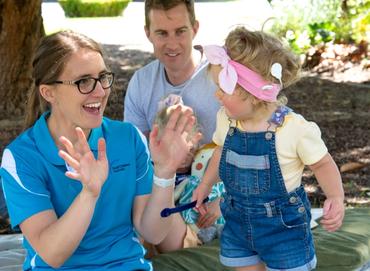Principles and Guidelines for Early Intervention.
Once it has been confirmed that your baby or child is deaf or hard of hearing, early intervention is important.

What was this study about?
This paper was published in the United States in 2014 as a supplement to a 2007 report by the Joint Committee on Infant Hearing (basically an international panel of experts) and re-states 12 key Principles and Guidelines for Early Intervention after a hearing loss is diagnosed.
What were the principles about?
- Once a hearing loss is diagnosed, it is important that children are quickly referred to skilled and knowledgeable service providers.
- Interventions and a child’s development need to be monitored
- Early intervention services need to be tailored to suit any additional needs a child may have such as an additional disability, non-English speaking parents and for specific types of hearing loss.
What were the key findings?
Once it has been confirmed that your baby or child is deaf or hard of hearing, early intervention is important.
The best outcomes for children who are deaf or hard of hearing depend on having high-quality:
- Universal newborn hearing screening programs
- An audiologist confirming that a child is deaf or hard of hearing, and fitting hearing aids
- Appropriate early intervention services that are tailored to suit the individual child.
Where can I read more about this paper?
Principles and Guidelines for Early Intervention after Confirmation That a Child is Deaf or Hard of Hearing.
Printable 466 KB PDF



